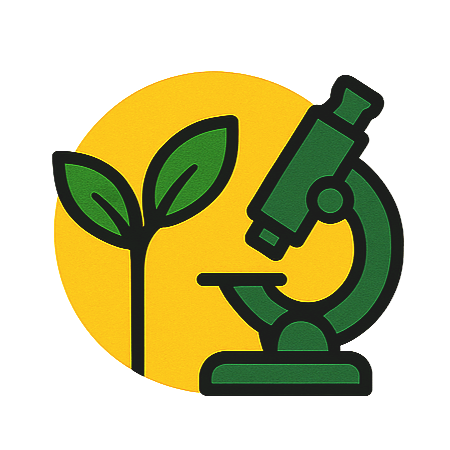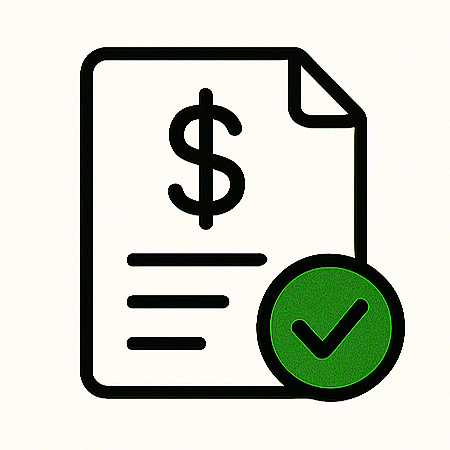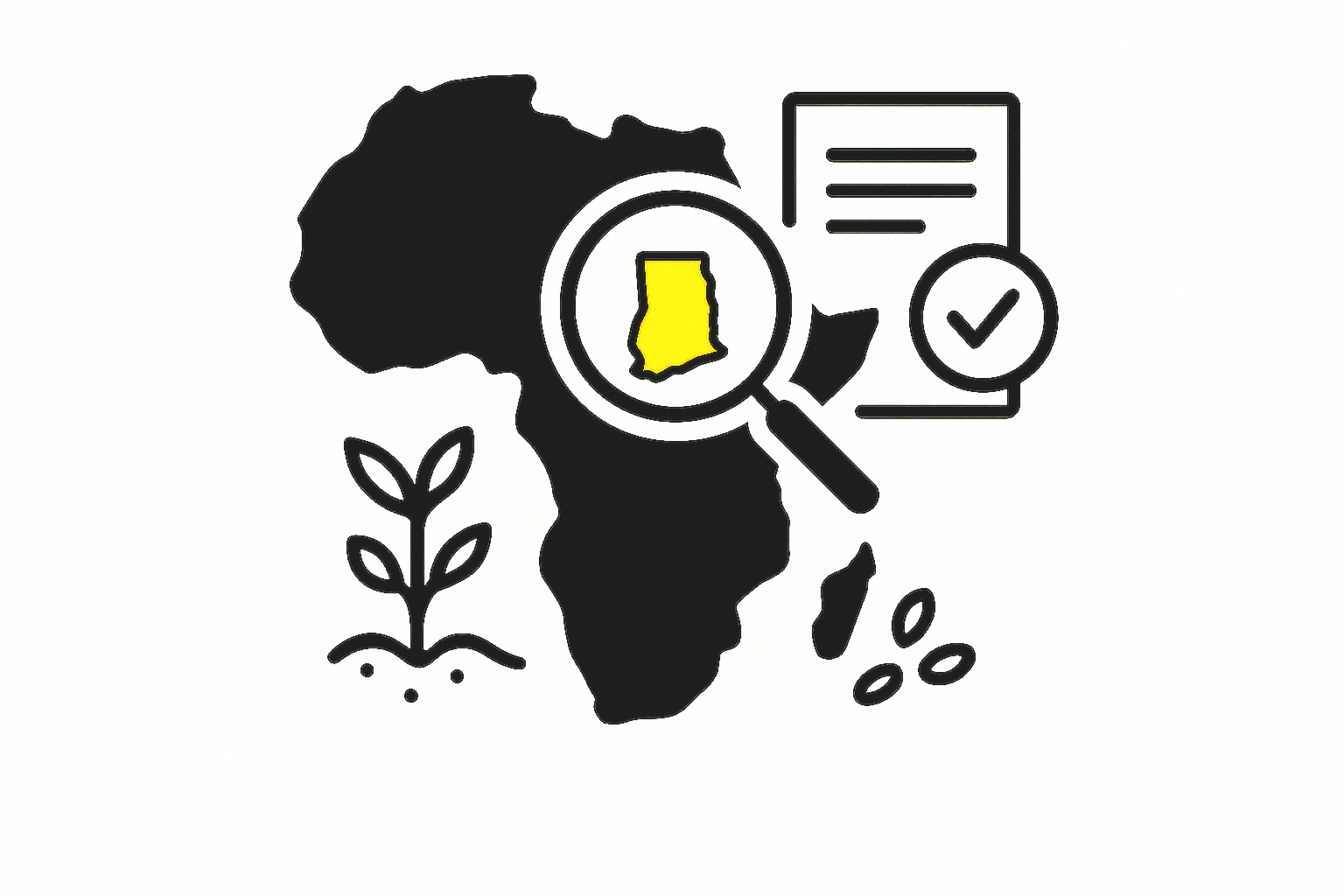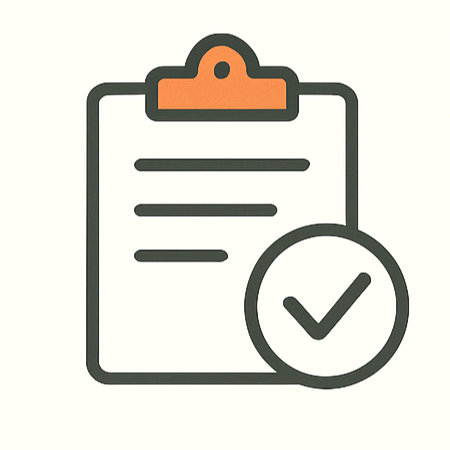.
CIF READY COCOA CO-OPS
.
ABSOLUTE TRACEABILITY
.
PHYTOSANITARY ON FILE
.
AGRITECH SOLUTIONS FOR FARMERS
.
STEWARDS OF YOUR SOURCING
.
VIBRANT FARMER CO-OPS
.
TRADE STEWARDSHIP
.
SAMPLES AVAILABLE
. CIF READY COCOA CO-OPS . ABSOLUTE TRACEABILITY . PHYTOSANITARY ON FILE . AGRITECH SOLUTIONS FOR FARMERS . STEWARDS OF YOUR SOURCING . VIBRANT FARMER CO-OPS . TRADE STEWARDSHIP . SAMPLES AVAILABLE

Woatome Field SOP – Technical Annex
Medicinal-Grade Neem Seed Sourcing (Ghana)
Version 1.0
Introduction
Woatome is establishing a new sourcing benchmark in direct response to buyer specifications for medicinal-grade neem seeds in Ghana through the application of structured field protocols, internationally recognized standards, and rigorous documentation. Recognizing that medicinal-grade material requires far greater control than conventional commodity channels, our approach integrates on-site operational oversight, trained personnel, and transparent traceability systems to ensure product integrity from harvest through post-harvest handling.
This Technical Annex presents the core operational framework Woatome employs in the field. It details the drying methods, hygiene protocols, traceability mechanisms, transport logistics, timelines, and standards alignment that collectively ensure raw neem seed materials meet the quality and regulatory expectations of phytopharmaceutical and botanical ingredient buyers worldwide.
1. Drying Method & Moisture Control
Method: Shade drying is carried out at farm sites, with seeds sheltered at night to prevent moisture reabsorption.
Monitoring: Field personnel turn and inspect seeds throughout the drying period, ensuring even drying and preventing mold or spoilage.
Daily Documentation: Drying activities are recorded daily by personnel.
Moisture Measurement: Moisture levels are monitored with handheld moisture meters, targeting optimal levels for medicinal-grade dried seeds.
Record-Keeping: All drying data—including moisture readings and daily observations—are logged into personnel dashboards/portals, which buyers can audit for transparency.
2. Personnel Hygiene & SOP Compliance
Personnel Attire: All team members wear PPE as part of a standardized hygiene protocol.
Sanitary Measures: Handwashing stations are installed at collection sites, and Codex/HACCP hygiene protocols are strictly followed.
Training: Personnel are trained in Codex, HACCP, and GACP standards and protocols.
Digital Compliance Logging: Each team member has secure dashboard access to document their daily SOP compliance, hygiene actions, and operational activities in real time.
Oversight: Supervisors conduct daily verifications and periodic internal audits, ensuring consistent adherence to protocols.
3. Traceability & Documentation
Geo-Tagging: All harvest and drying locations are geo-tagged to establish precise traceability points.
Photo Documentation: Pre- and post-harvest photographic records are collected for each site and batch.
Daily Logs: Field logs track activities, drying conditions, and personnel involved.
Buyer Access: All traceability data is integrated into the buyer dashboard, enabling transparent review from sampling through to final order.
Data Retention: Traceability records are securely stored and can be exported (e.g., PDF/CSV) for regulatory filings or internal QA audits. Json format can be accommodated on request.
4. Transport & Post-Drying Handling
Transport Method: Once initial drying is complete, seeds are packed in ventilated materials to maintain airflow and prevent spoilage.
Climate-Controlled Final Drying: Materials are transported to a nearby climate-controlled facility for the final drying and monitoring stage, ensuring stable moisture levels and compound integrity.
Timeliness: Transport and handling schedules are structured to minimize delays, preserving the quality and phytochemical profile of the material.
5. Sampling Schedule & Timeline
Sampling Quantity: Field teams will collect an estimated 9 kg of ripe seeds over several days to produce a 4 kg buyer sample.
Harvest Cycle: Teams return to the harvest site daily until the target sample weight is achieved.
Seasonal Timing:
Sampling occurs during pre-harvest season, allowing careful monitoring and documentation.
Sampling will be completed by end of October, enabling buyers to receive and analyze materials before placing November peak harvest orders.
Peak harvest operations will follow the same SOP and standards at scale.
6. Standards & Regulatory Alignment
Woatome’s sourcing model is anchored in internationally recognized frameworks to ensure that neem seed raw materials meet the technical, regulatory, and quality expectations of the medicinal and phytopharmaceutical industries.
Field and post-harvest activities are conducted in accordance with:
Codex standards
HACCP (Hazard Analysis and Critical Control Points)
WHO GACP (Good Agricultural and Collection Practices for Medicinal Plants)
WHO Guidelines on Quality Control Methods for Medicinal Plant Materials (1998)
In addition, Woatome aligns its sourcing protocols with the pharmacopeial frameworks of key regulatory markets, including:
European Pharmacopoeia (Ph. Eur.)
United States Pharmacopoeia (USP)
British Pharmacopoeia (BP)
Indian Pharmacopoeia (IP)
While laboratory analysis of active compounds is currently conducted at the buyer’s end, field handling, drying, and traceability procedures and GAPC audits are designed to ensure that raw materials arrive in a condition suitable for downstream analytical verification against these pharmacopeial standards.
All shipments are accompanied by phytosanitary certificates issued by Ghana’s Plant Protection and Regulatory Services Directorate (PPRSD), ensuring compliance with international plant health and export regulations.
Conclusion
This Technical Annex demonstrates Woatome’s integrated, standards-based sourcing system for medicinal-grade neem seeds. By embedding international protocols into field operations, maintaining meticulous traceability, and aligning with pharmacopeial frameworks, Woatome provides buyers with a transparent, compliant, and technically robust supply base in Ghana.





